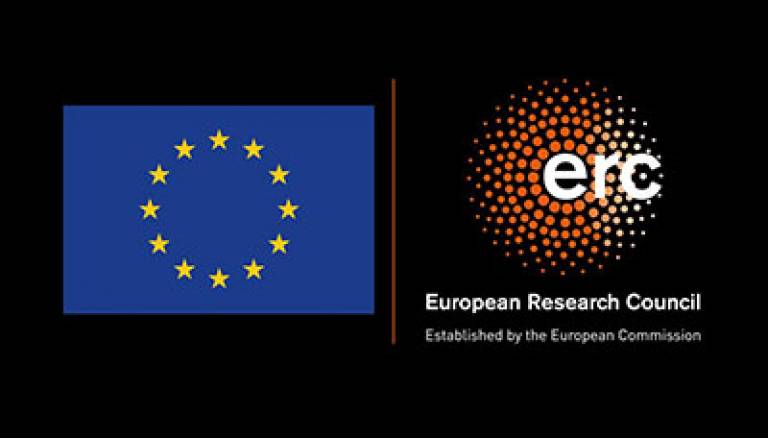Job Vacancy: Research Fellow (COREX project)
26 January 2022
The UCL Institute of Archaeology currently has a vacancy for a Research Fellow to join the ERC-funded COREX project (Ref:1881784). The deadline for applications is 16 February 2022.

The ERC Synergy project "From correlations to explanations: towards a new European prehistory" (COREX) will combine prehistoric human genomic, archaeological, environmental, stable isotope and climate data to better understand the processes that shaped our biological and cultural past from the time of the first farmers to the Iron Age (between 6000 to 500 BC).
The post-holder will be a member of an international team developing interdisciplinary approaches to achieve the projects aims. They will collaborate with other team members to integrate existing and newly collected large-scale archaeological data, existing ancient genomes, dietary and mobility isotope results, land cover inferred from pollen diagrams, and new eDNA results. This will provide the basis for exploring the relations between patterns in these different data classes and modelling how small-scale processes can generate large-scale patterns in genetic and cultural data.
The post is available for 30 months in the first instance, starting on 1 April 2022 or as soon as possible thereafter.
The successful candidate will have a PhD in archaeology or a related subject with a clearly demonstrated focus on the material culture of the European Neolithic or Bronze Age. They will have demonstrated experience of collecting and analysing quantitative archaeological data and an interest in, or experience of, working in inter-disciplinary teams. They should be willing to travel occasionally (nationally and internationally) for project meetings and conferences.
Applications are encouraged from those who are underrepresented in the sector and in the UCL Institute of Archaeology including, but not exclusive to, people from Black, Asian, and ethnic minority backgrounds, women, and people who identify as having a disability.
Further information
- Further details of the post and the online application facility are available on the UCL website
- Enquiries about the vacancy may be directed to Stephen Shennan. Queries about the application process may be directed to the Institute's HR Administrator, Louisa Goldsmith.
- ERC COREX project
 Close
Close

